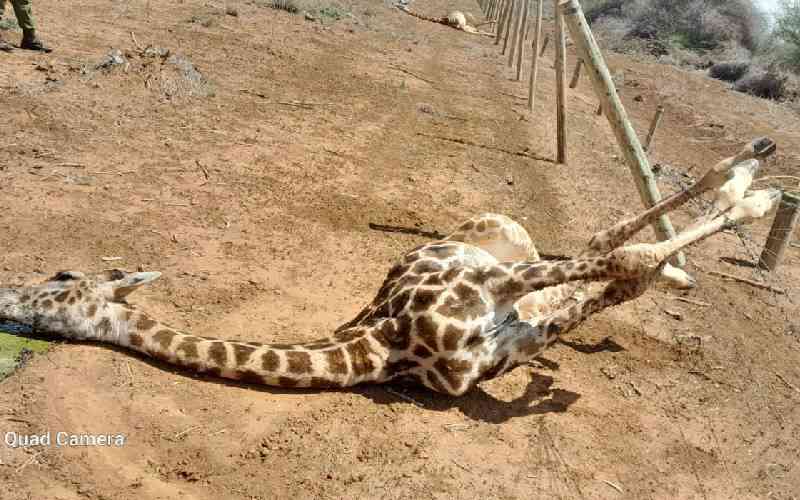×
The Standard e-Paper
Kenya’s Boldest Voice

Irregular land allocation, human encroachment, and allegations of human rights abuses form the core of a simmering conflict in one of Kenya's most crucial and scenic natural ecosystems-Amboseli.
This vast wildlife haven, renowned for its breathtaking views and rich biodiversity, is now at the center of a bitter dispute involving state agencies, Kajiado county, conservation groups, and disenfranchised landowners.







